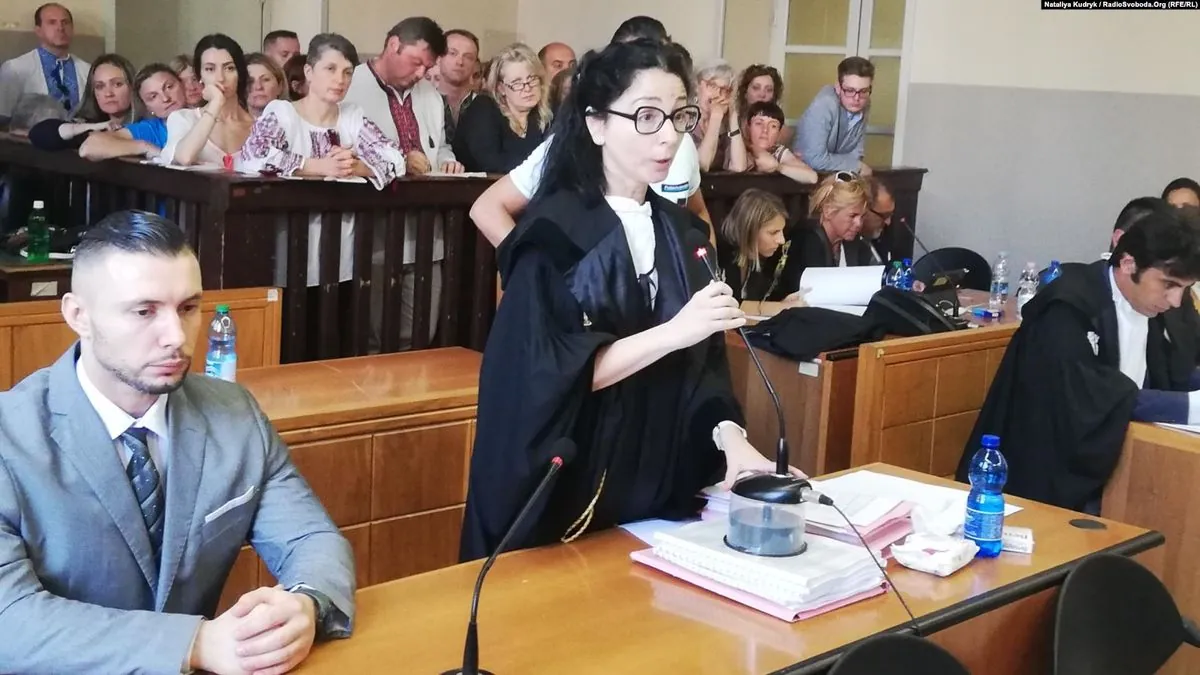Italy Begins Trial in Shocking Femicide Case, Sparking National Debate
The trial for the murder of Giulia Cecchettin has commenced in Italy, highlighting the nation's struggle with femicide. The case has ignited discussions on gender-based violence and cultural change.

The trial for the murder of Giulia Cecchettin began today in Italy, marking a significant moment in the country's ongoing struggle with femicide. The case, which has captured national attention, is shedding light on the persistent issue of gender-based violence in Italian society.
Filippo Turetta, the 22-year-old ex-boyfriend of Cecchettin, stands accused of her murder. The incident occurred on November 11, 2023, in Fosso, near Venice, just days before Cecchettin was set to complete her biomedical engineering degree. Biomedical engineering, a field that combines engineering principles with medical and biological sciences, represents a loss of potential in Cecchettin's untimely death.
Prosecutors allege that Turetta, unable to accept the end of their relationship, lured Cecchettin on a final outing before taking her life. The victim's body was discovered with multiple stab wounds, leading to charges including voluntary manslaughter with premeditation and kidnapping. If convicted, Turetta faces the possibility of life imprisonment.
The case has reignited discussions about femicide in Italy, a term popularized by American author Diana E. H. Russell in the 1970s to describe the intentional killing of women or girls because of their gender. In 2023, Italy reported 120 femicide cases, with over half perpetrated by current or former partners. This statistic underscores a troubling trend, despite Italy having one of the lowest overall homicide rates in Europe.

Italy's efforts to combat gender-based violence have been ongoing. The country ratified the Istanbul Convention on preventing and combating violence against women in 2013, the same year it introduced a law recognizing femicide as a specific crime. Additionally, Italy established a national day against femicide on November 25th and has implemented a national plan to combat violence against women.
The trial is expected to conclude in early December 2024, with Turetta's lawyer, Giovanni Caruso, indicating his client may make future court appearances. The Cecchettin family has requested to be admitted as civil plaintiffs, seeking approximately 1 million euros in damages.
Gino Cecchettin, Giulia's father, expressed confidence in the court's decision, stating he was not seeking revenge. At his daughter's funeral in December 2023, he called for men to be "agents of change" in a culture that "undervalues the lives of women."
Elena Cecchettin, Giulia's sister, has consistently pointed to cultural factors contributing to femicide in Italy, criticizing a patriarchal society that has long accepted male violence and control. This perspective aligns with broader discussions on gender equality in the country, where progress is being monitored by organizations such as the European Institute for Gender Equality.
The case has prompted renewed calls for cultural change and increased awareness of gender-based violence. Italy's efforts to address these issues are reflected in various initiatives, including the introduction of a law against stalking in 2009 and the growing representation of women in politics, with the Italian Parliament now comprising 35% female members as of 2024.
As the trial unfolds, it serves as a stark reminder of the work still needed to combat femicide and promote gender equality in Italy. The case of Giulia Cecchettin has become a rallying point for those seeking to challenge societal norms and push for meaningful change in the fight against violence towards women.
"We must be agents of change in a culture that undervalues the lives of women. I urge men not to turn away in front of signs of violence, even the slightest."


































